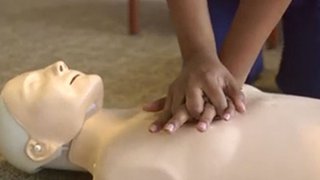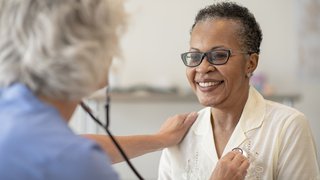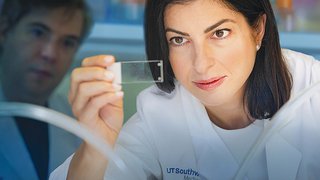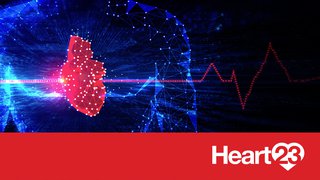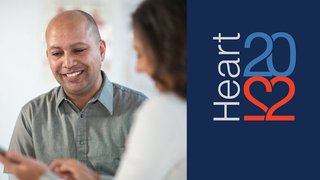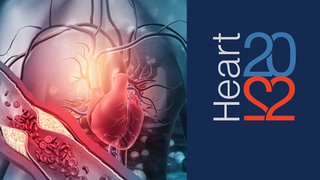Expertise in Heart Bypass Surgery
Heart bypass surgery, also called coronary artery bypass graft (CABG, or “cabbage”), is a surgical procedure used to create channels for blood to go around the clogged coronary arteries that supply the heart muscle.
The obstruction in these arteries is usually caused by atherosclerosis, a buildup of fat or cholesterol known as plaque.
UT Southwestern’s Department of Cardiovascular and Thoracic Surgery is one of the nation’s leading programs, with fellowship-trained surgeons performing more than 600 open-heart procedures each year.
We also offer a dedicated Cardiac Rehabilitation Program. Cardiac rehabilitation is a critical component of recovery and can prevent future heart disease.
Conditions
Heart bypass surgery is used to treat:
- Coronary artery disease
- Angina (chest pain originating in the heart)
- Atherosclerosis (a buildup of fat or cholesterol known as plaque)
- Chronic total occlusion (CTO), a totally blocked coronary artery vessel
While heart bypass surgery can treat these conditions, it does not necessarily cure them.
What to Expect
Heart Bypass Surgery Preoperative Details
The surgeon provides specific instructions to the patient before the heart bypass surgery, including risks such as bleeding, infection, or adverse reaction to anesthesia.
Patients also meet with the anesthesiologist prior to the surgery to review their medical history. Patients should not eat after midnight the night before the surgery.
On the day of surgery, the patient arrives at the hospital, registers, and changes into a hospital gown. A nurse reviews the patient’s charts to make sure there are no problems.
The anesthesiologist then starts an IV, and the patient is taken to the operating room, where the surgeon verifies the patient’s name and procedure before any medication is given. Surgery will begin once the patient is under anesthesia.
Heart Bypass Surgery Operative Details
The cardiothoracic surgeon removes one or more veins from another part of the body to use in the heart. These vessels are usually taken from the leg (saphenous vein) or arm (axillary vein) either by direct dissection, through a large incision, or endoscopically, using tiny incisions and a camera.
The surgeon then opens the chest through the breastbone. Upon reaching the heart, the surgeon has two options: either to stop the heart (“on-pump”) or leave the heart beating (“off-pump”).
If the surgeon decides that stopping the heart is the safest and most appropriate option, the patient is placed on a cardiopulmonary bypass machine – which pumps blood to the body, bypassing the heart and lungs except for the coronary arteries – while the heart is stopped temporarily.
The surgeon then attaches (grafts) the veins/arteries in front and behind the clogged area(s) of the coronary arteries. Once the bypass surgery is complete, the chest is closed. For patients on a cardiopulmonary bypass machine, the surgeon removes the machine and restarts the heart. The breastbone is closed with wires, and the skin is closed with stitches.
Heart Bypass Surgery Postoperative Details
The cardiothoracic surgeon removes one or more veins and arteries from another part of the body to use in the heart. These vessels are usually taken from the leg (saphenous vein) or arm (radial artery) either by direct dissection, through a large incision, or endoscopically, using tiny incisions and a camera.
The length of the hospital stay depends on how quickly the patient is able to recover and perform some physical activity.
Clinical Trials
As one of the nation’s top academic medical centers, UT Southwestern offers a number of clinical trials aimed at improving the outcomes of patients with cardiovascular disease.
Clinical trials often give patients access to leading-edge treatments that are not yet widely available. Eligible patients who choose to participate in one of UT Southwestern’s clinical trials can receive treatments years before they are available to the public.






